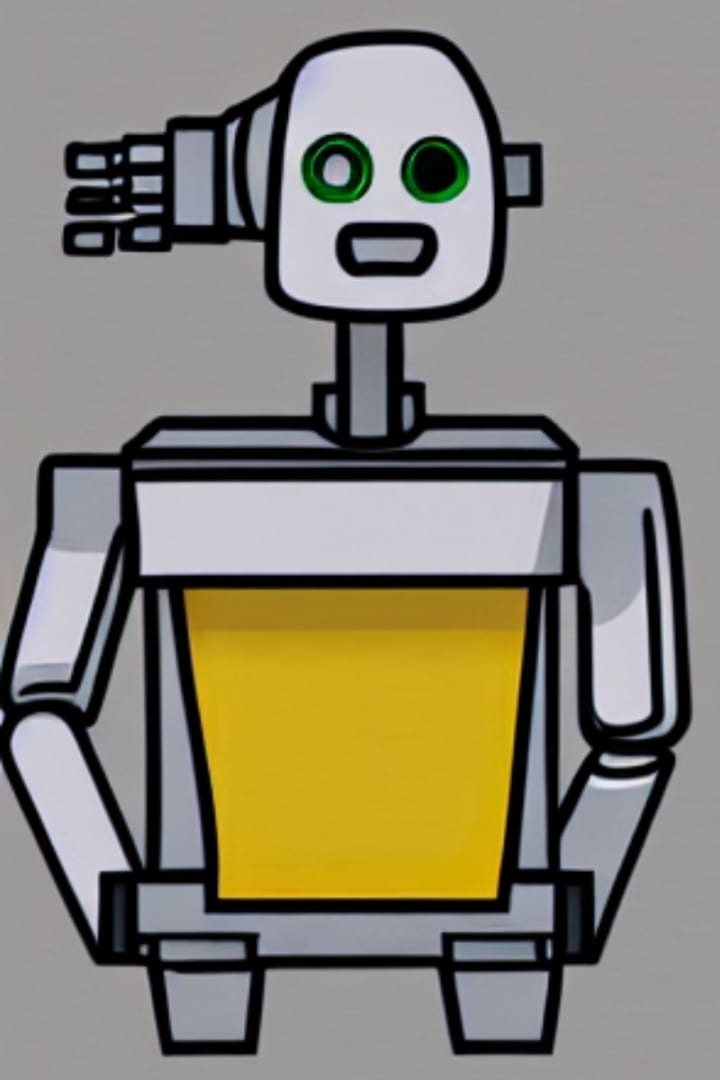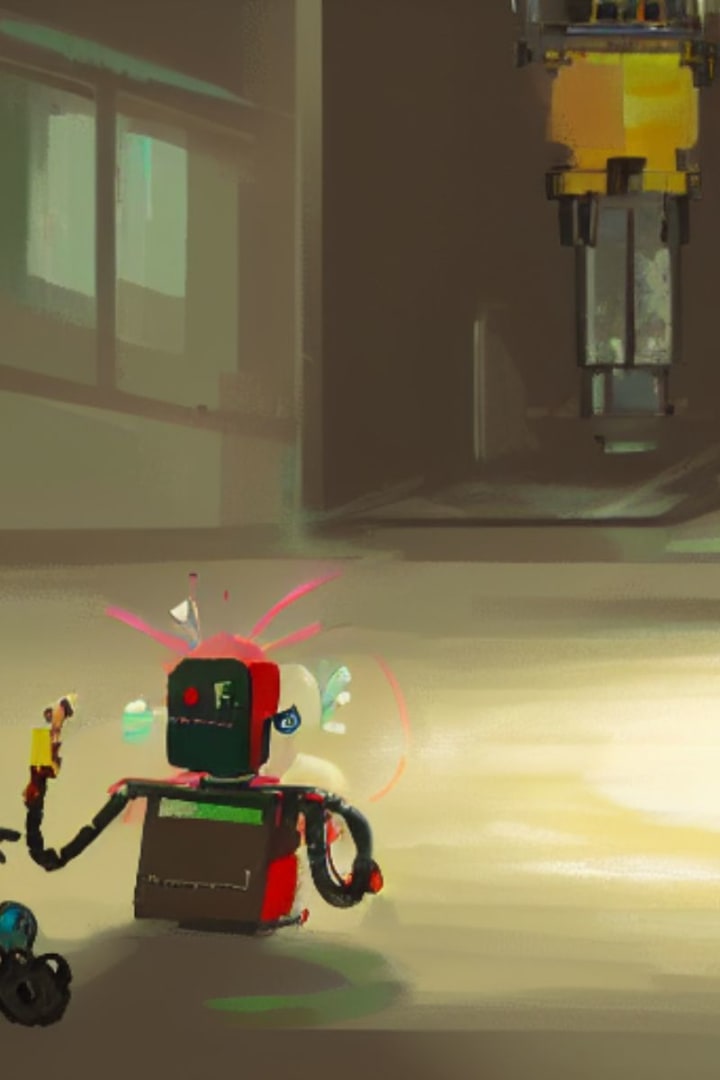
KEY Takeaways:
- America is more divided than ever, with political parties further apart than in decades.
- This trend will only continue with the rise of automation, which has the potential to replace human labor in many industries.
- The impact of automation on politics will be significant, leading to increased income inequality and polarization.
- Government intervention will be necessary to mitigate the negative impacts of automation.
In today's society, it's hard to deny that we are more divided than ever. Political parties are further apart than in decades, and the trend seems only to worsen. Automation will only exacerbate this trend.
Automation is using technology to replace human labor, and it's already happening in many industries. And it will only continue to grow in the future, with potentially devastating consequences for politics and society. So we must take action to ensure that automation does not harm our lives and our future.
America is more divided than ever.
Political parties are further apart than they have been in decades. Political parties are further apart than they have been in decades. The Republican Party has moved to the right, while the Democratic Party has moved to the left. This has led to a widening ideological divide between the two parties.
In addition, each party is more focused on winning elections than governing. This has made it difficult for the two parties to find common ground and work together. As a result, our political system is gridlocked and stagnation. Political parties need to start working together again to get anything done.
Automation will only exacerbate this trend. As automation becomes more widespread, jobs will start to disappear. In particular, this change will hit low-skilled workers in manufacturing and other industries hardest. This will further fuel tensions between Republicans and Democrats, who are already divided on addressing automation's impact on the labor market.
On one side stand progressives like Bernie Sanders and Elizabeth Warren. They argue that government should step in to ensure that all Americans have access to stable employment opportunities no matter what happens with technology or the economy.
Meanwhile, conservatives such as Mitch McConnell believe that the best way forward is through free market solutions. They say that the deregulation of key sectors like finance or manufacturing can help promote innovation. At the same time, it can create new opportunities for struggling workers facing displacement due to automation.
Despite these differences, many experts agree that social anarchy will follow if left unchecked. It is only a matter of time before we see large-scale unrest fueled by job insecurity among those affected by growing technological trends such as automation.

How will automation impact politics?
Automation will lead to more income inequality. Automation is increasingly being used in the workplace, and there is no doubt that it can be a convenient and cost-saving measure.
However, there is also no doubt that automation will lead to more income inequality. With machines doing more and more of the work, there will be fewer and fewer jobs available for human workers. This will inevitably lead to increased job competition, and those struggling to make ends meet will find themselves even further behind.
In addition, as jobs become scarcer, wages are likely to stagnate or even decline. The result will be an even greater divide between the haves and the have-nots. Automation may be convenient, but it is not without its downside. Until measures are taken to address the issue of income inequality, automation will only worsen the problem.
Automation will increase polarization and resentment. Automation is increasingly seen as a threat to jobs, with many workers fearing that robots will replace them. However, automation can also have a significant impact on society.
One of automation's most significant potential consequences is increased polarization and resentment. As machines increasingly take over many jobs, there will be a shrinking pool of well-paid work available, leading to increased inequality. This could, in turn, lead to resentment from those struggling to find good jobs and those who can hold on to their jobs but see their wages stagnate.
Automation could exacerbate existing social divisions, making it more difficult for people to come together and cooperate. In addition, automation is likely to lead to increasing economic insecurity, as people worry about losing their jobs to machines.
This could further increase polarization and resentment as people seek to blame others for their economic difficulties. Automation, therefore, has the potential to create significant social tensions and division.
Some experts predict that this ideological divide may lead to extremist groups on both sides of the spectrum. Already we are seeing far-right populism spreading across Europe and Asia, while left-wing extremism is growing fast in countries such as Venezuela and Greece.
Surely it won't be long before these radical movements take hold here in America too. It will happen either through direct election victories or violent protest actions against establishment politicians seen as out of touch with popular sentiment.
Ominously, some believe that a time of real upheaval is coming - one marked by partisan gridlock at home and instability abroad in an increasingly turbulent world order dominated by strongmen leaders like Vladimir Putin and Kim Jong Un.

What can be done to mitigate the negative impacts of automation?
Government intervention will be necessary. Government intervention will be necessary to address the root causes of the problem. The government must first invest in education and training for its citizens. Second, it must provide incentives for businesses to create jobs. Finally, it must protect the most vulnerable members of society.
Government intervention is necessary because it is the only way to address the underlying causes of the problem. Education and training are essential for citizens to get good jobs. Businesses will only create jobs if there are incentives for them to do so.
And finally, the most vulnerable members of society must be protected from exploitation. Again, government intervention is the only way to ensure that all citizens have access to opportunity and that no one is left behind.
We must find a way to adapt to the new reality of automation. We must find a way to adapt to the new reality of automation. We need to retrain our workers for the jobs of the future, provide them with a safety net as they transition to new careers, and invest in industries that will be ripe with opportunities in an automated world.
Automation will likely lead to increased inequality, as those who own the robots will reap the lion's rewards. We must find a way to ensure that everyone benefits from automation, or else it will tear our society apart. In addition, we must find a way to adapt to the new reality of automation. It won't be easy, but it's necessary to thrive in the 21st century.
Conclusion
Automation is likely to have a profound impact on American politics. The deep divisions that have plagued American politics for nearly 30 years will be further enhanced and exacerbated by the continuing trend in technology, specifically automation.
Automation could exacerbate existing social divisions, making it more difficult for people to come together and cooperate. In addition, automation is likely to lead to increasing economic insecurity, as people worry about losing their jobs to machines. This could further increase polarization and resentment as people seek to blame others for their financial difficulties.
Automation, therefore, has the potential to create significant social tensions and division. Some experts predict that this ideological divide may lead to extremist groups on both sides of the spectrum. Government intervention will be necessary to address the root causes of the problem. Education and training are essential for citizens to get good jobs. Businesses will only create jobs if there are incentives for them to do so. And finally, the most vulnerable members of society must be protected from exploitation.
About the Creator
Edy Zoo
Edy Zoo is an author who writes about social subjects. He contributes to the ever-growing library of social critics.






Comments
There are no comments for this story
Be the first to respond and start the conversation.